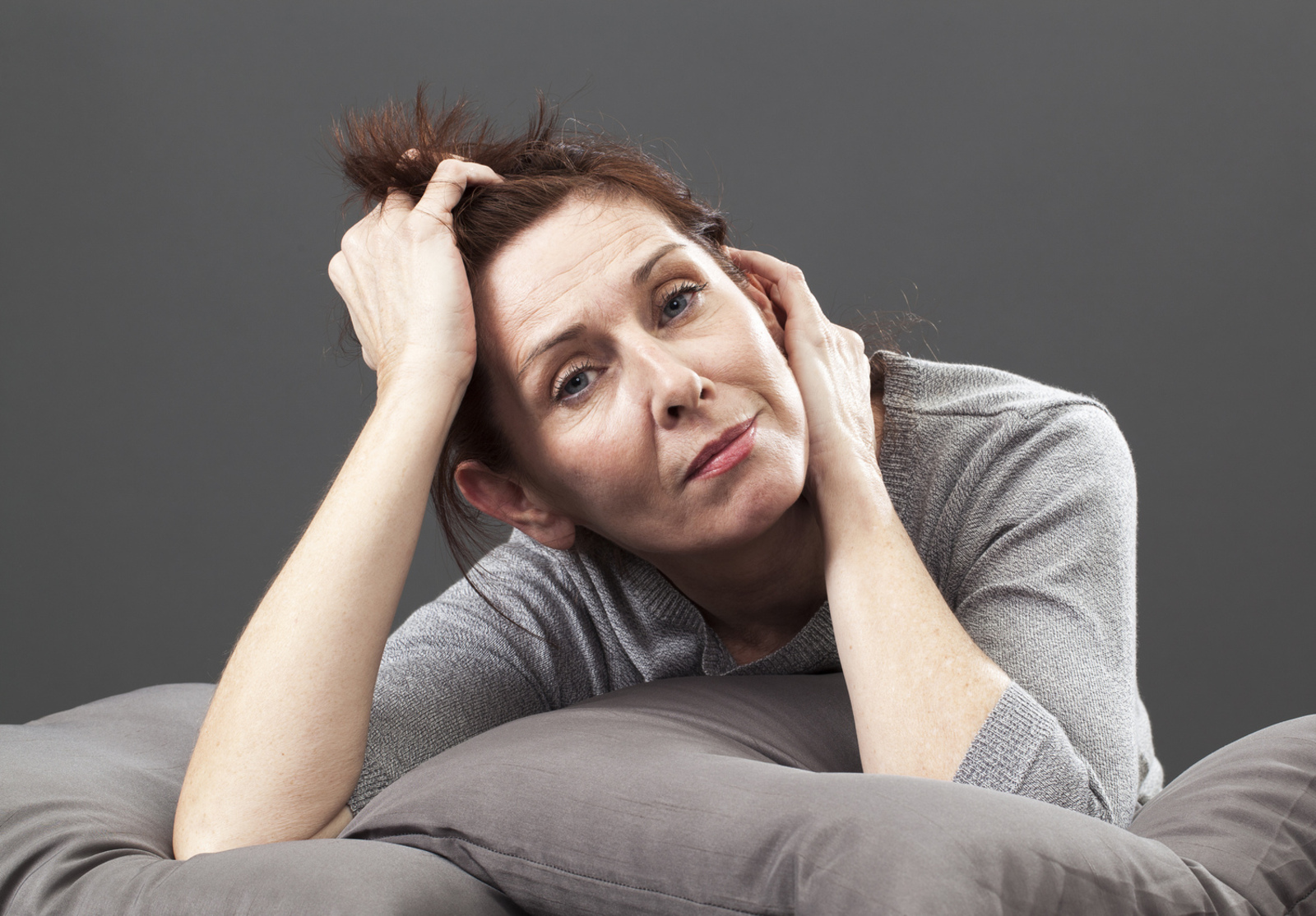
Menopause—Symptoms And Treatment
Menopause is a natural biological process that marks the end of menstrual cycles, diagnosed after 12 consecutive months without a period. This typically occurs in your 40s or 50s and it causes a variety of physical symptoms that can be very uncomfortable and frustrating to deal with, including heavy bleeding, hot flashes, low energy, and more. Some women see their healthcare providers for solutions and treatments to help manage their symptoms, such as Imvexxy. If you’re experiencing the following symptoms, you may be going through menopause:
1. Irregular periods
Menopause is diagnosed after 12 consecutive months without a period. Before this, though, you may experience irregular periods and changes in menstruation. For example, your periods may be shorter or last longer, you may bleed more light or more heavily, the length of time between your periods may increase or decrease, and you may miss some periods. Anything too out of the ordinary should be spoken about with your doctor, like very heavy bleeding, periods that last longer than a week, periods very close together, or if your period resumes after a year without it.
2. Vaginal dryness
After and around menopause, the vagina can become dry, making intercourse very painful or uncomfortable. This is due to low levels of estrogen, which causes thinning, drying, and inflammation of the vaginal walls. While most menopause symptoms go away after some time, this one tends to stay as it is a physical change. Be sure to chat with your healthcare provider about options to help manage this symptom.
3. Hot flashes
Hot flashes can occur with menopause and may last for many years after. A hot flash is described as a sudden rush of heat that is felt in the upper body, or entire body. Your face and neck may become flushed; your chest, back, and arms can become blotchy; and you may experience heavy sweating and cold shivering once the hot flash is over.
4. Mood changes
Some women feel moodier or more irritable during menopause, but the reason for this symptom is unknown. Some suspect it is due to the changes happening in life, where menopause causes physical changes, children are growing up, parents are aging, and so on—this can be a time of significant stress. If you are feeling depressed or are concerned about the mental health of yourself or a loved one, seek advice from a healthcare professional.
5. Sleep problems
Hot flashes often take the form of what’s known as night sweats, where they occur during the night, waking you up, causing discomfort, and making it hard to fall back asleep. It’s important to make sure you have the right sleeping environment—keep a fan on, layer bedding to be adjusted as needed, lower bedroom temperatures, and so on.
Treatment
Menopause itself does not require any treatment as it is a natural, normal biological process; however, many opt for treatments and medications that help to relieve symptoms. Imvexxy is often prescribed to those dealing with painful intercourse after menopause, hormone therapy is used to relieve hot flashes, vaginal estrogen is administered to help relieve vaginal dryness, low-dose antidepressants may decrease hot flashes, and there are many more. There are plenty of options that can help, so talk to your doctor to find the right one for you.



